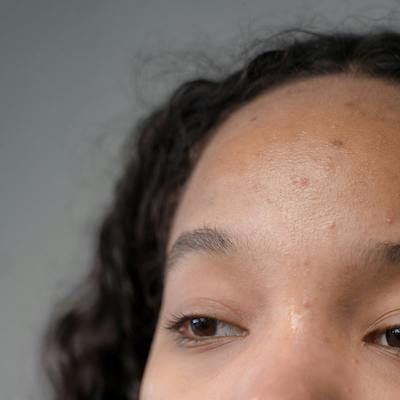Article
Favorable Results from Dermira's DRM01 Acne Program
Author(s):
Dermira, Inc. presented clinical data from its successful DRM01 Phase 2a trial in patients with facial acne vulgaris at the American Academy of Dermatology (AAD) Annual Meeting on March 20, 2015 in San Francisco.

Dermira, Inc. presented clinical data from its successful DRM01 Phase 2a trial in patients with facial acne vulgaris at the American Academy of Dermatology (AAD) Annual Meeting on March 20, 2015 in San Francisco.
The Phase 2a clinical trial enrolled 108 patients with moderate or severe acne, requiring a minimum of 20 inflammatory lesions and 20 non-inflammatory lesions and an Investigator’s Global Assessment (IGA) score of 3 or greater.
A total of 53 patients were randomized to apply DRM01 at a concentration of 7.5%, and the remaining 55 individuals had to place the placebo on their faces twice daily for 12 weeks.
Study results indicated the number of inflammatory lesions in DRM01-treated patients was reduced by a mean of 63.9% to 45.9% in patients who only received the placebo. Whereas, the number of non-inflammatory lesions in DRM01- treated patients decreased by an average of 48.1% and 28.8%, respectively (p=0.0025).
"The favorable results for DRM01 demonstrated a significant improvement in patients with moderate to severe acne across all primary endpoints,” said Robert Bissonnette, MD, Innovaderm Research, Inc., principal investigator for the study.
DRM01 was considered well tolerated with adverse events mild or moderate in severity. The most commonly reported adverse event was nasopharyngitis, in 13 (24.5%) of the DRM01-treated patients and in 7 (12.7%) of the patients who received placebo.
Tom Wiggans, chairman and chief executive officer of Dermira, said in a news release, "The results we observed from this study are compelling, and we look forward to advancing the program. Our next steps include the initiation of a dose-finding Phase 2b clinical study with DRM01, which we expect will be underway very soon."
Researchers concluded, at the end of the 12-week treatment period, 24.5% of patients (13/53) who received DRM01 achieved a successful improvement in the IGA score — a minimum 2-grade improvement – compared with 7.3% of patients (4/55) who only were administered the placebo.





